The image shows Chinese Premier Li Qiang. (Jeon Heon-kyun - Pool/Getty Images)
[People News] On July 2, the Chinese Ministry of Foreign Affairs announced that Premier Li Qiang will attend the 17th BRICS Leaders’ Summit in Rio de Janeiro, Brazil, from July 5 to 8. This confirmed that Xi Jinping will, for the first time in many years, be absent from such an “important international meeting.” As Premier, Li Qiang is replacing Xi—who has never missed a BRICS summit before—and seems to be overshadowing the Party General Secretary. What exactly is the government’s unspoken dilemma?
The news that Li Qiang will stand in for Xi Jinping at the Brazil BRICS summit sparked heated public debate. Some speculated Xi’s absence was because he had already attended twice before, or to avoid overshadowing Indian Prime Minister Modi. But this was quickly dismissed since diplomatic affairs are not merely personal matters between heads of state. The official explanation given by the CCP was a scheduling conflict for Xi Jinping. Yet, reviewing all publicly available information from the CCP, there is no evidence of any major events or urgent matters for Xi from July 5 to 8. Moreover, schedules can be adjusted—what could possibly be more important to the CCP and Xi than the BRICS summit?
Recently, rumours about Xi being stripped of power or transferring authority during the Fourth Plenum have circulated widely. On June 30, Politburo reviewed the “Regulations on the Coordination of Decision-Making Bodies,” which seems to support these rumours. Observers believe that under this new regulation, Xi no longer acts solely on his own will for major decisions, but rather follows assigned tasks. To maintain the overall interests of the party officials, he must perform like a puppet, creating a facade of unity.
Therefore, Xi’s absence from Brazil could be interpreted as a deliberate signal from the new central leadership: the Zhongnanhai regime is in transition, Xi’s power is being curtailed, and preparations are underway for transferring authority.
Analysts suggest that this means the power restructuring in Zhongnanhai is deliberately sending a message that Xi is no longer the sole core leader, and the CCP no longer has a “Xi core.” Naturally, Xi is unlikely to accept this quietly. He probably feels uneasy about travelling abroad—if he were to go overseas and be prevented from returning, like some dictators in history, it would be a nightmare. Hence, he must stay in the office to manage and respond to power consolidation or expansion efforts.
However, according to insiders, these are not the main reasons. The primary cause is that Xi’s health has deteriorated. Now, attending important international events risks embarrassment and mishaps. His failing condition is not only physical but mainly mental and cognitive.
The CCP has high hopes for this BRICS summit, so sending Li Qiang was not an impulsive decision.
At the July 2 Foreign Ministry press conference, when asked about the CCP’s expectations for the BRICS summit, spokesperson Mao Ning said they hoped to consolidate BRICS strategic partnerships, uphold multilateralism, promote common development, improve global governance, and push for “greater BRICS cooperation.” When an Indian reporter asked why Li Qiang was going instead of Xi, Mao Ning appeared evasive, avoiding the question and responding vaguely about the importance of the BRICS meeting.
It is clear that the official CCP voice reveals Beijing’s hope to use BRICS to challenge the US-led global order and expand China’s influence within multilateral frameworks. The talk of “common development” and “great cooperation” serves this goal. As for Li Qiang, his presence is a tacit arrangement the CCP cannot openly admit.
Why can’t they admit it? Because Xi has long lived in anxiety, suspicion, power struggles, fear of losing power, and fear of retaliation. His mental state has deteriorated, with pressure far beyond physical weight. At least he is suffering from stroke and heart disease sequelae combined with depression, making it impossible for him to handle complex international relations. This is evident from his recent public appearances, where he trembles and nods involuntarily. For example, when receiving Singaporean Prime Minister Heng Swee Keat, Xi repeatedly looked down at his script—every five seconds, he glanced down, 17 times in just over a minute. What if he were to embarrass himself at an international summit? This is the CCP’s unspoken pain: the intensified internal power struggle has seriously affected the General Secretary’s mental health.
Former Inner Mongolia official Du Wen said that when Xi attended the 2023 BRICS summit in South Africa, his interpreter was rudely pulled away, causing embarrassment. If similar incidents occur again, Xi, already mentally burdened, could cause even greater global embarrassment, so he must not attend.
China expert Wang He says that Li Qiang’s increased participation in foreign affairs and international meetings reflects the CCP’s political normalization after Xi’s waning power. On the surface, CCP politics seem to function normally but underneath may lie a brewing storm.
(People News exclusive)

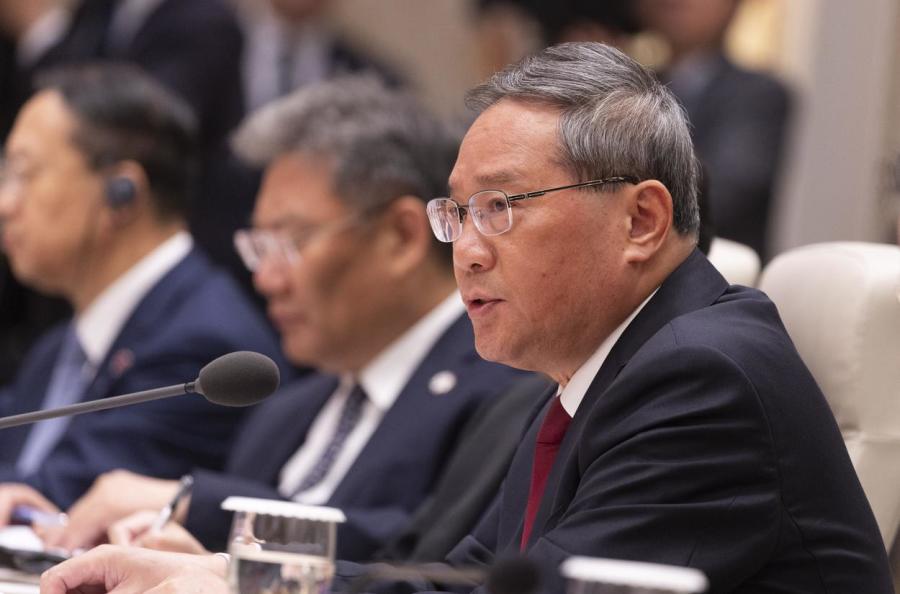

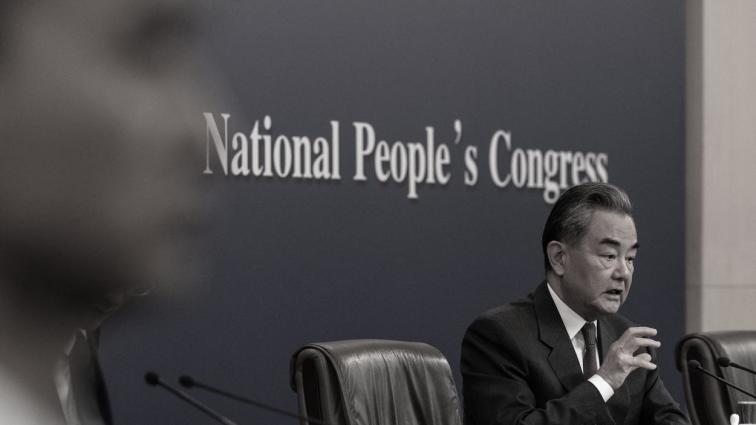
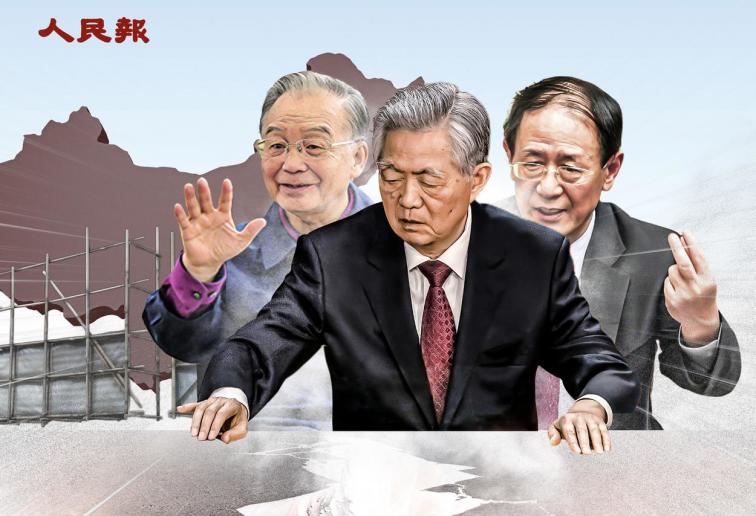

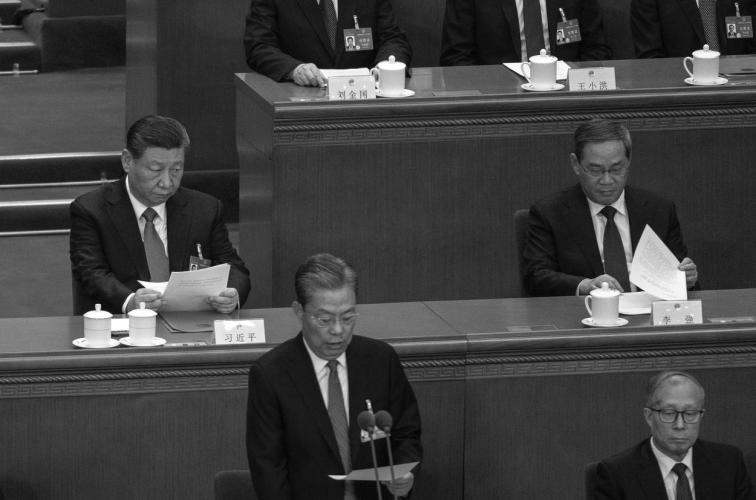

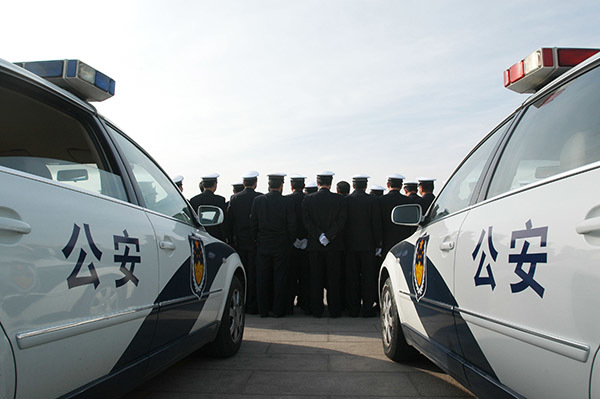


News magazine bootstrap themes!
I like this themes, fast loading and look profesional
Thank you Carlos!
You're welcome!
Please support me with give positive rating!
Yes Sure!